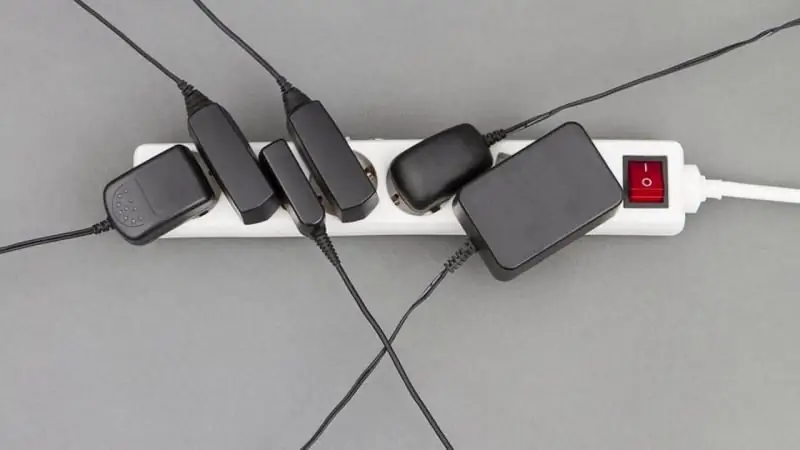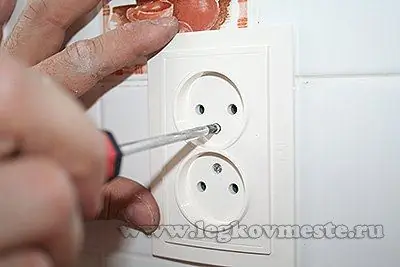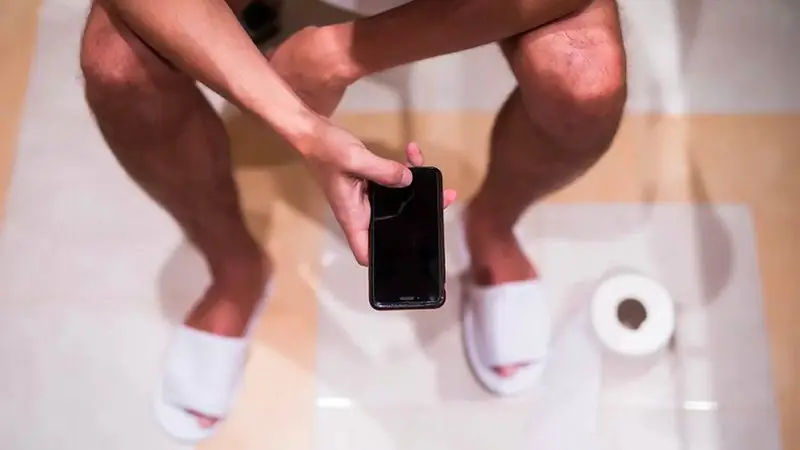
Table of contents:
- Author Bailey Albertson albertson@usefultipsdiy.com.
- Public 2023-12-17 12:53.
- Last modified 2025-01-23 12:41.
Why the charger cannot be left in the socket

Educational and production processes are impossible without the use of tablets, phones, laptops and other gadgets. These devices require that the batteries are kept charged using chargers. Almost all users have more than one such device: in a bag, in a nightstand, by the bed, in the kitchen. And few people, at the end of use, pay attention to its complete shutdown, often it remains in the outlet. Is it so safe?
Why you shouldn't leave the charger in the socket
Leaving something plugged in unattended is in itself a fire safety violation. One of the most common causes of fire is short circuit. The average consumer is unlikely to know that there is something wrong with his charger. The majority simply shrugs at the excessive heating of the device case, explaining this by the usual energy consumption.
Doing so can melt the plastic of both the device and the socket housing. Ignition and short circuit are expected in this case. Even if the charger does not heat up at all, the risk of a short circuit still remains (for example, with a power surge).

Due to a short circuit, ignition of the outlet may occur, it is possible that the flame may transfer to other objects in the room
It is precisely because of power surges in the network that experts do not recommend leaving their gadgets on charging overnight. Both the charger itself and the gadget that was "powered" by it can break down.
This is how I “lost” a very expensive phone. Left it charging overnight. I woke up from the fact that it was constantly rebooting (when turned on, it made vibrating sounds, which woke me up). The electronic clock "prompted" me that there was a shutdown of the electricity supply (the time was lost). We did not manage to restore the phone. The repair was equal to the cost of a good new smartphone, and the nearest service center, where these models were serviced, was a thousand kilometers away.
Many people say that by leaving a phone (laptop, tablet) connected to an outlet after it is fully charged, we significantly reduce the resource of the battery itself, and, consequently, the "life" of the gadget. This claim is causing a lot of controversy on the internet. Supporters of turning off the gadget immediately after charging justify their action by protecting the battery. Opponents say that, on average, people change their gadgets every two years, and for this time the battery is quite enough, so there is no point in "bothering".
In addition, all modern devices are equipped with built-in controllers that, after the end of charging, stop supplying energy to the battery, preventing it from "overfilling". Therefore, if you do not have an old gadget, you can not track the moment it is fully charged, but if your device heats up a lot both during charging and after its completion, then it makes sense to disconnect it immediately.
And one more aspect: with an unplugged charger, electricity consumption continues. Of course, it is negligible, up to 3 watts per hour, in monetary terms it is mere pennies. But if there are several such chargers in an apartment, not to mention an apartment building or office, then you should think about unnecessary expenses.
Leaving home for the whole day, I try to turn off the appliances as much as possible. I always pull out the chargers from the sockets. I don't get the wires of the washing machine and microwave from the outlet, but I disconnect the power supply to which they are connected. I may be a bore, but I don't like unpleasant surprises, even if they happen very rarely.
Video: do I need to disconnect the charger from the outlet
To avoid a variety of problems associated with chargers, you should just get in the habit of turning them off and all unused devices: phones, tablets, laptops. By following these recommendations, the risk of trouble will be minimized.
Recommended:
Installing An Outlet And Connecting The Outlet To The Network With Your Own Hands

Installing the outlet - step-by-step instructions with photos of how to install the outlet with your own hands. Connecting sockets internal and external to the voltage network
Why You Can't Leave A Knife On The Table, Including At Night

Why you can't leave a knife on the table, what superstitions exist on this topic and where did they come from. Is there a rationale
Why It Is Impossible To Store Bread In The Refrigerator And How It Threatens

Why you shouldn't store bread in the refrigerator, what is the risk? How to use the freezer to store bread
Why You Can't Leave Food On The Graves In The Cemetery

Why you can't leave food in the cemetery: superstition, church opinion, rational reasons
Why Can't Men Sit On The Toilet For A Long Time And How It Threatens

Why men cannot sit on the toilet for a long time: common problems and likely consequences of violating the ban
